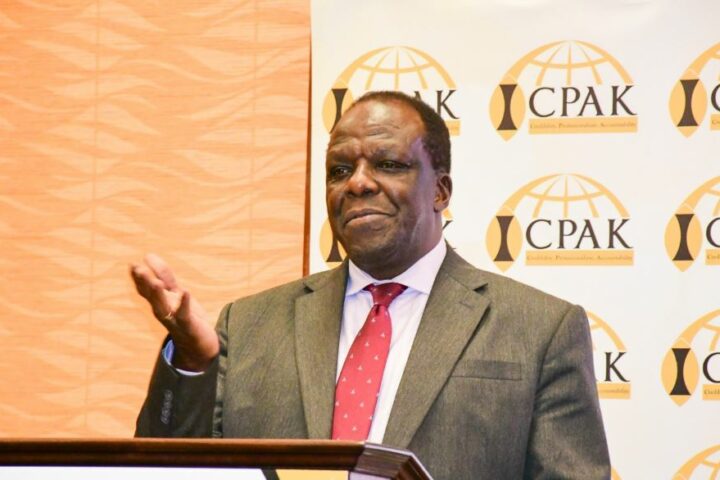 Farah Maalim, the Member of Parliament for Daadab, has voiced concerns about the Kenyan Judiciary, suggesting its alleged corruption is making investors hesitant to engage in Kenya.
Farah Maalim, the Member of Parliament for Daadab, has voiced concerns about the Kenyan Judiciary, suggesting its alleged corruption is making investors hesitant to engage in Kenya.
Speaking on Citizen TV on Wednesday, Maalim pointed out that the Judiciary, like other institutions in the country, is plagued by significant corruption.
He explained, “Judiciary is not different from any other institution in the country there is massive corruption in there. The reason why investors are wary about investing in this country is not because the Executive and Parliament are attacking the Judiciary. It is because there is a corrupt Judiciary because you can have your matter in court for the longest.”
Maalim also highlighted the issue of lawyers demanding excessively high fees, leading to a pile-up of unpaid bills. “You look at this kind of pending bills for lawyers in the country it runs into billions of shillings,” he stated.
“LSK and the Judiciary can come to the front and say we cannot accept this, you are denigrating the reputation of this institution and profession.”
Additionally, Maalim criticized the Judiciary for allegedly overstepping its boundaries and interfering with the roles of other government arms and independent bodies.
He argued that the Judiciary should only intervene in legislative matters once they are presented in court.
“You can’t stop parliament from conducting a parliamentary process, you wait until the process itself is concluded, let them pass the piece of legislation and then you strike it down. That is the independence of this institution,” Maalim remarked.
These comments are in line with President William Ruto’s ongoing criticism of the Judiciary.
Ruto has been outspoken about his determination to eliminate corruption among judicial officers, whom he accuses of undermining his government’s projects, particularly in Universal Health Care and affordable housing fund.
The president has blamed certain judicial officers for being allegedly bribed to rule against these initiatives. He argues that interested parties are benefiting from the status quo, and are therefore sponsoring cases in courts to stop the projects.








